18 minutes ago
By Hugo Bachega, BBC Middle East correspondent

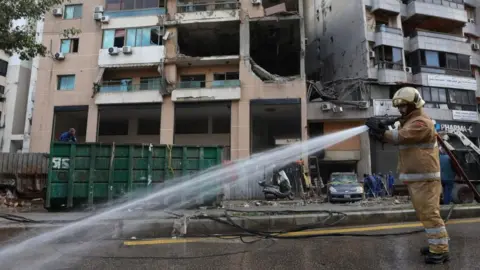 Reuters
Reuters
Fighting between Hezbollah and Israel has intensified in recent weeks
Two weeks ago, Hassan Nasrallah, the influential and long-time Hezbollah secretary-general, gave a televised speech from an undisclosed location in Lebanon to commemorate Taleb Abdallah, the group’s most senior official to have been killed in an Israeli strike in the current violence.
Mr Nasrallah, who spoke for about an hour, repeated that the Iranian-backed Lebanese militia and political party was not seeking an all-out war with Israel but, if there was one, they would fight “without constraints or rules”.
He also said Hezbollah had deployed “only a fraction” of its arsenal, and warned “the enemy” to “anticipate our presence on land, sea and in the air”. Surprisingly, he even threatened Cyprus, an EU member, if it allowed its territory to be used by Israel to launch attacks on the group.
Supporters, gathered in screenings organised by Hezbollah, interrupted him several times with raucous applause, chanting “Labbaika ya Nasrallah”, meaning “We’re at your service, Nasrallah”.
Not only the rhetoric appeared to be escalating. Days earlier, Hezbollah had responded to the killing on 12 June of Abdallah, also known as Abu Taleb, with a barrage of rockets targeting northern Israel. More than 200 were fired in a single day, according to the Israeli military, causing limited damage.
It was the most intense attack since the start of hostilities in October, renewing fears that the fighting could become, deliberately or by accident, a wider conflict.

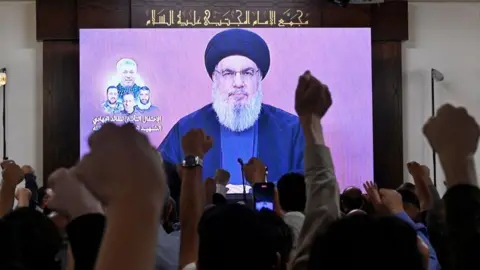 EPA
EPA
Hassan Nasrallah warned Hezbollah would fight "without rules" in a war with Israel
For months, the question of whether Lebanon will be dragged into another war has dominated life in this country. It is what people often describe as “the situation”, a constant backdrop casting a shadow across the whole place.
But the Lebanese have carried on, an attitude that was perfectly captured in a picture of unfazed sunbathers in Tyre last month as plumes of smoke billowed out in the distance after an Israeli strike.
Tensions, already fraught, ratcheted up further after Mr Nasrallah’s speech. As I watched him on TV, I observed through the window a man who was putting up pink-and-blue posters on walls in Ashrafieh, a trendy area in east Beirut, announcing a party.
“If we shut down our lives... the country will stop. We have to keep going,” the organiser, 35-year-old Raymonda Chamoun, told me days later. “What can we do? We’ll think about it when it happens."
"I have a grab bag [in my flat]. It’s been next to my door, with essentials. Water, first aid, power bank. My parents taught me that a long time ago, because they were born and raised during the [Lebanese civil] war.”
Hezbollah’s strikes started on 8 October, the day after the deadly Hamas attack on Israel. The group has said the campaign, in support for Palestinians amid Israel’s war against Hamas, will stop only when there is a ceasefire in Gaza. The US has led efforts for a diplomatic solution to the tensions, and both Hezbollah and Israel have indicated being interested in avoiding a major conflict. Miscalculation, however, is a real risk.
Most of the violence has remained contained to areas along the border, although Israeli strikes have increasingly hit targets deeper into Lebanon. Hezbollah attacks have also reached far into Israel. So far, more than 400 people have been reported killed in Lebanon, the vast majority Hezbollah fighters, and 25 in Israel, mostly soldiers.
In Lebanon's south, a Hezbollah stronghold, an estimated 90,000 residents have fled, according to the United Nations. Villages are empty with houses and other buildings destroyed. Agricultural fields have been burned by white phosphorus dropped by Israel, possibly an attempt to create a buffer zone and limit the group’s presence there.
Kameli Hammaid’s house in Meiss El Jabal, across the frontier from the Israeli town of Kiryat Shmona, had been built by her grandparents, with olive trees in the garden and a large patio for gatherings.
“It was the place where everyone in the village would come together,” Kameli told me in Beirut, where she lives.
She showed pictures of the damage that, she said, was caused by two Israeli rockets. The second-floor balcony had collapsed, crashing down on everything.
“I go to bed and wake up with tears in my eyes. This is the history of my family,” Kameli, a 54-year-old seamstress, said. “I’m concerned that things can escalate, of course I’m concerned.” But there was nothing she could do - “just pray to God”.
In Israel, where tens of thousands of people have been displaced from northern communities, and vast tracts of land destroyed by fires sparked by Hezbollah rockets, the authorities are under growing pressure to act. But Western officials say no decision has been made.

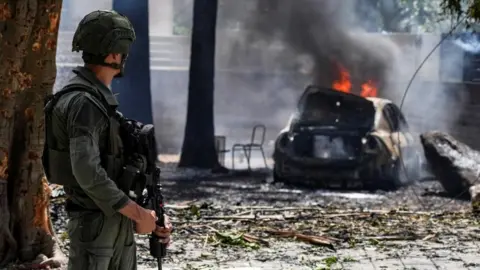 Reuters
Reuters
Israel says Hezbollah's attacks must stop, one way or another
The expected scaling down of Israel’s military operations in Gaza could lead to more troops being deployed to the northern border. Israeli Prime Minister Benjamin Netanyahu said security would be restored “one way or another”, and that the military was “prepared for very intense action”, although some of his recent remarks have been less confrontational.
Hezbollah, seen as a significantly more formidable foe than Hamas, has been preparing for another conflict with Israel since their last one, in 2006. The group has about 150,000 rockets and missiles, according to Western estimates, which could overwhelm Israel’s sophisticated air defence systems.
The arsenal also includes attack drones and precision guided missiles capable of striking deep inside Israel. Hezbollah also relies on thousands of men who have battlefield experience from fighting in the civil war in Syria, and Hassan Nasrallah has warned Israel to expect “surprises” in the case of a large military offensive by Israel.
Other Iranian-supported groups in the region, part of what Tehran calls the "Axis of Resistance", have vowed to join the fight. “A war is possible but not inevitable,” a senior Hezbollah official told me.
Lebanon, meanwhile, has been in a state of permanent crisis for more than half a decade. In 2020, the Covid-19 pandemic hit; then, the Beirut port explosion. The economy has collapsed, with 80% of the population estimated to be in poverty. There has not been a president for almost two years because of seemingly never-ending political disputes.
Any war would be disastrous for the country, and the government has limited influence - if any - over the group which, like Hamas, is considered a terrorist organisation by the UK, the US and others.
“What’s happening is already affecting us all,” Faad Assaf, a 48-year-old salesman, told me recently. The shop where he worked in Hamra, Beirut, was empty. “We’re afraid for the younger generation. We don’t want them to live what we went through – war.”
As Raymonda Chamoun, the party organiser, put it: “The general mood in the country is of burnout. People are tired.”
Additional reporting by Leena Saidi

 2 days ago
3
2 days ago
3
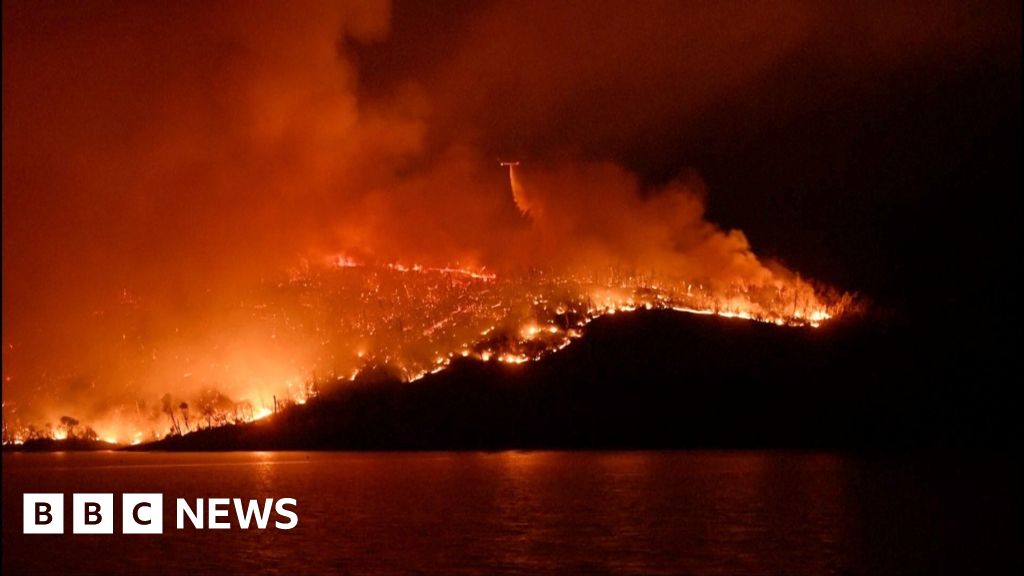
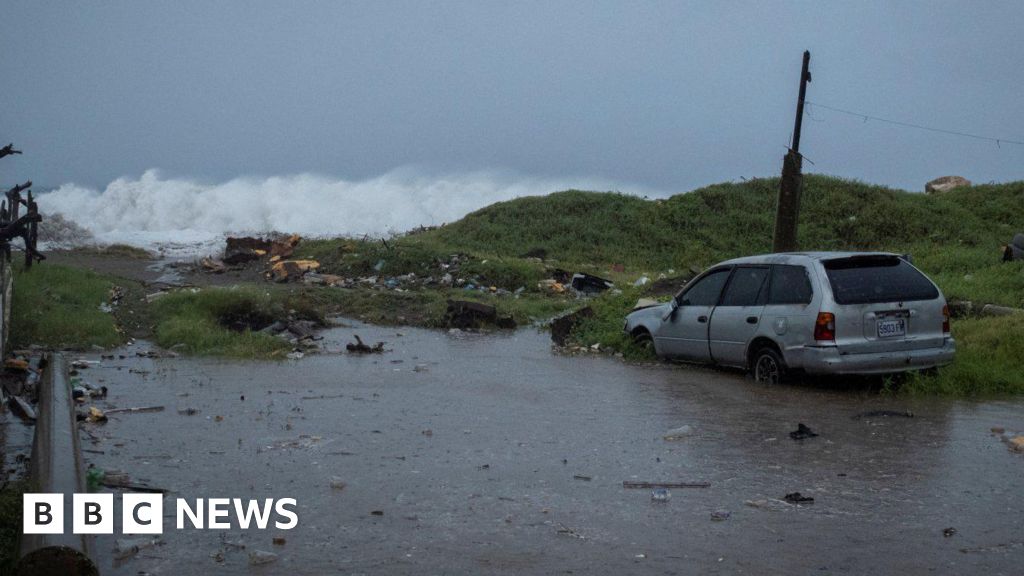


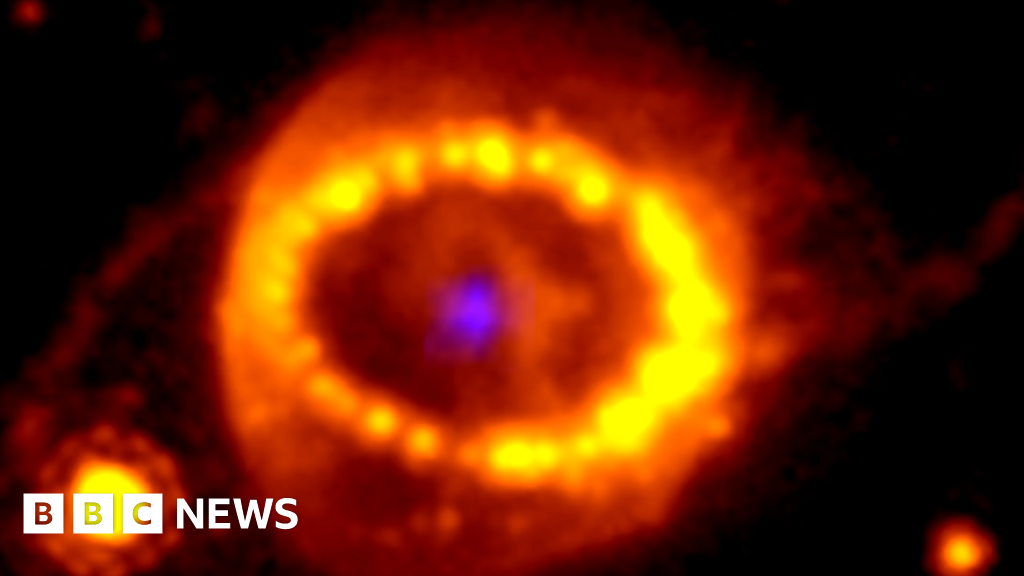
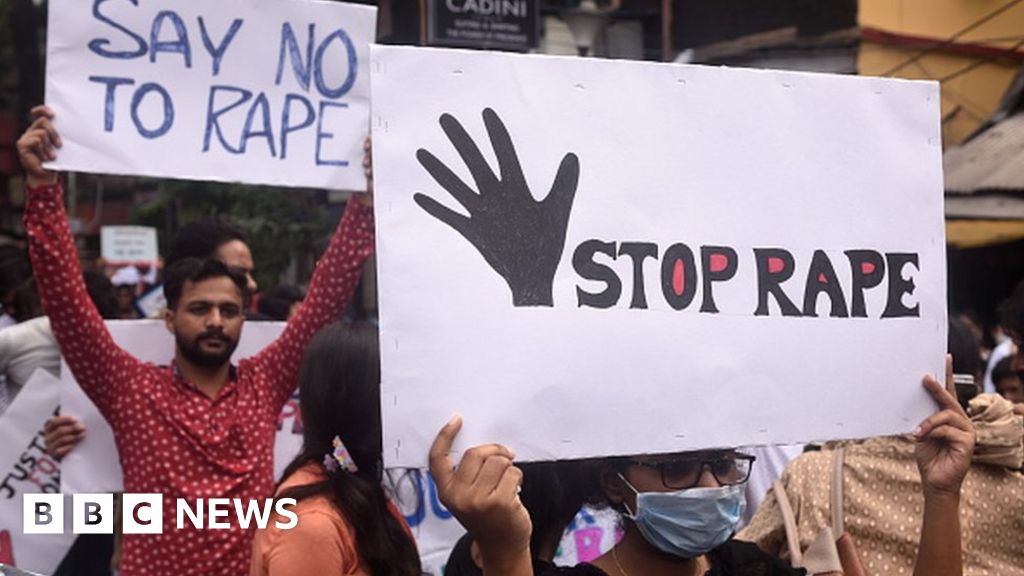

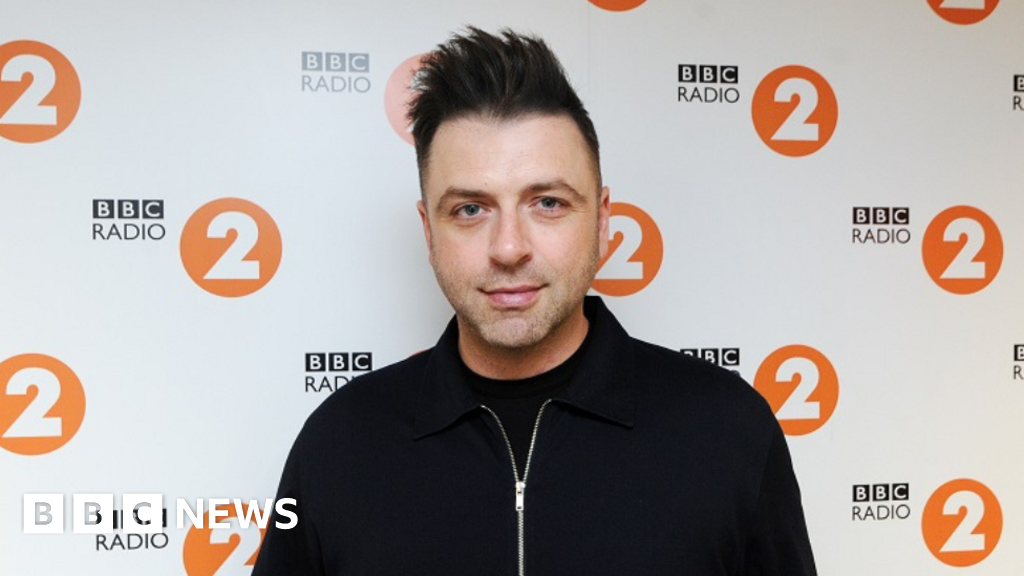
 English (US) ·
English (US) ·